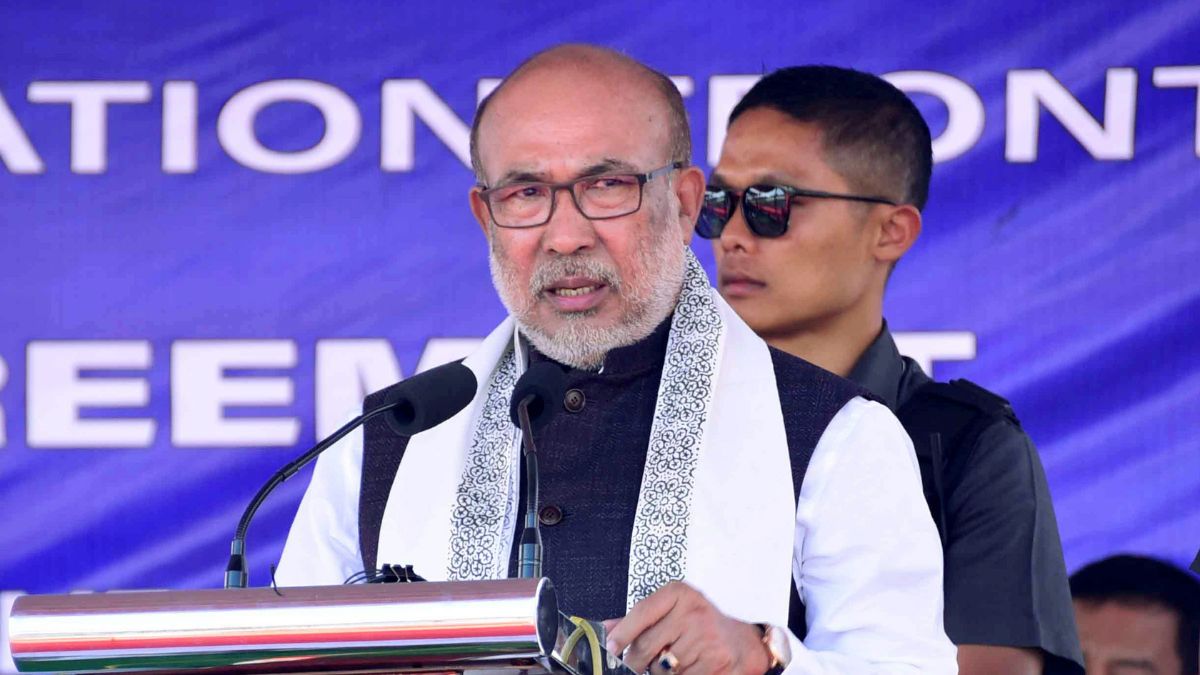- By Mayukh Debnath
- Mon, 04 Mar 2024 11:26 PM (IST)
- Source:JND
The Manipur Legislative Assembly on Monday unanimously passed legislation that criminalises unauthorised renaming of places in the state. The Manipur Name of Places Bill, 2024 provides for imprisonment up to three years and a fine of not more than Rs 2 lakhs in case of contravention.
The passage of the Bill comes amidst the ethnic conflict between Meitei and Kuki-Zo communities in Manipur. In the course of the ongoing violence, there have been instances where one community has tried to change official names of places where the population is dominated by the members of the other community, Hindustan Times said in a report.
ALSO READ: Vote-For-Bribe Case: What Was The PV Narasimha Rao Verdict, Why Supreme Court Overruled It
One of the most notable instances of unauthorised renaming of places in strife-torn Manipur was when Churachandpur, a Kuki-majority district, was renamed by multiple Kuki outfits as "Lamka", a traditional name for the town that serves as the district headquarters. The official name of the district, as well its headquarters of the same name, was derived from the name of Meitei king Churachand Singh.
Informing about the passage of the Manipur Name of Places Bill, Chief Minister N Biren Singh said in a post on social media platform X (formerly Twitter): "The Manipur State Government is serious about protecting our history, cultural heritage and the legacy passed down by the ancestors and forefathers."
The Manipur Name of Places Bill, 2024 was unanimously passed during the 12th Manipur Legislative Asembly session today.
— N.Biren Singh (@NBirenSingh) March 4, 2024
The Manipur State Government is serious about protecting our history, cultural heritage and the legacy passed down by the ancestors and forefathers.
We will… pic.twitter.com/I5gTBhIaYi
ALSO READ: SC Seeks Centre's Response On Delhi Govt Plea Challenging L-G's Power To Appoint Lawyers
He added, "We will not tolerate renaming and misusing names of places without consent and those guilty of the offence will be awarded with strict legal punishment." The Bill was tabled in the Assembly on Friday (March 1). It reportedly stated that "there have been multiple instances of use of unauthorized names of places by certain individuals or groups of people or organisations with a possible malafide intent, which had the potential to create confusion in the administration and disturb the social harmony in the state".
